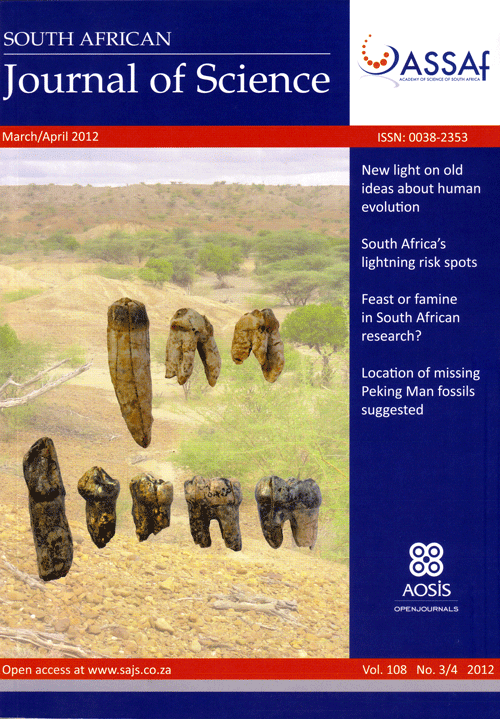Factors influencing the crystallisation of highly concentrated water-in-oil emulsions: A DSC study
Keywords:
differential scanning calorimetry, surfactant type, electrolyte, highly concentrated emulsions, emulsion stabilityAbstract
Highly concentrated emulsions are used in a variety of applications, including the cosmetics, food and liquid explosives industries. The stability of these highly concentrated water-in-oil emulsions was studied by differential scanning calorimetry. Crystallisation of the emulsions was initiated by exposing the emulsions to a low temperature. The effects of surfactant type, electrolyte concentration and electrolyte composition in the aqueous phase on emulsion crystallisation temperature were studied. Surfactant type affected the emulsion crystallisation temperature in the following order: PIBSA-MEA=PIBSA-UREA < PIBSA-MEA/SMO < PIBSA-IMIDE < SMO. These results are in the same sequence as results obtained for the stability of these emulsions in aging studies, that is, PIBSA-MEA was the most stable with age and SMO was the least. The effect of the surfactant type on emulsion crystallisation can probably be attributed to the differing strengths of the surfactant-electrolyte interactions, which result in different molecular packing geometry and differing mobility of the surfactant lipophilic portion at the interface. These results enhance our understanding of the factors that affect the stability of explosive emulsions.Downloads
Published
2012-03-01
Issue
Section
Research Articles
License

All articles are published under a Creative Commons Attribution 4.0 International Licence
Copyright is retained by the authors. Readers are welcome to reproduce, share and adapt the content without permission provided the source is attributed.
Disclaimer: The publisher and editors accept no responsibility for statements made by the authors
How to Cite
Kovalchuk, K., & Masalova, I. (2012). Factors influencing the crystallisation of highly concentrated water-in-oil emulsions: A DSC study. South African Journal of Science, 108(3/4), 5 pages. https://sajs.co.za/article/view/9886
Views
- Abstract 267
- PDF (399 KB) 219
- HTML 158
- EPUB 122
- XML 85
- Eqn 1 0
- Eqn 2 0
- Figure 1 0
- Figure 2 0
- Figure 3 0
- Table 1 0
- Table 2 0












.png)